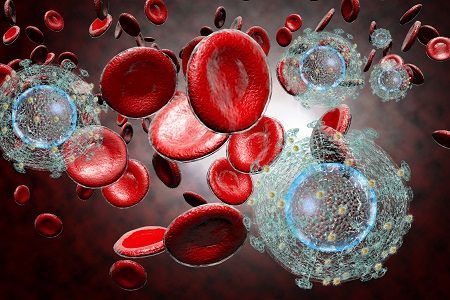Article
Common HIV Drugs Can Hit the Wrong Target, Cause Adverse Effects
Author(s):
Adverse side effects are a potential risk with nearly every medication, so scientists from the University of Oxford in England looked at if this phenomenon occurs in common drugs that are used to treat the human immunodeficiency virus (HIV).

Adverse side effects are a potential risk with nearly every medication, so scientists from the University of Oxford in England looked at if this phenomenon occurs in common drugs that are used to treat the human immunodeficiency virus (HIV).
“Off-target binding of hydrophobic drugs can lead to unwanted side effects, either through specific or non-specific binding to unintended membrane protein targets,” the study began in the journal Nature. “However, distinguishing the binding of drugs to membrane proteins from that of detergents, lipids, and cofactors is challenging.”
The team analyzed the effects of HIV protease inhibitors on the human zinc metalloprotease, ZMPSTE24, and how the drug interferes with the prelamin A to mature lamin A conversion — a process that the intramembrane protease plays an important role in by maintaining the shape of human cells. The process also influences ageing – and research has already found that HIV ages people by five years.
- Related: Test Confirms If People Are Actually Taking PrEP to Prevent HIV
“The ‘hitchhiking’ of drugs on incorrect targets is a common problem but isn’t much studied, as it can be difficult to observe directly. You have to know which proteins to look for, and only then can you target these proteins for further research,” corresponding author Carol Robinson, DBE, FRS, FMedSci, a professor dame at Oxford’s Department of Chemistry, said in a statement.
Using mass spectrometry, the scientists were able to identify molecules and observe the protein the HIV drugs were “hitchhiking” on. The results showed that lopinavir, ritonavir (Norvir), and amprenavir can block that important prelamin A processing.
“The results of this study surprised us, as the drugs target HIV proteases and were not thought to bind the human metalloprotease that is involved in processing prelamin A,” Robinson continued. She said that this mass spectrometry-based approach may be able to be used during drug development in order to ensure that the medications are binding to right targets at the molecular level.
Also on MD Magazine >>> Depression Contributes to Heart Attack Risk in HIV-Positive People





